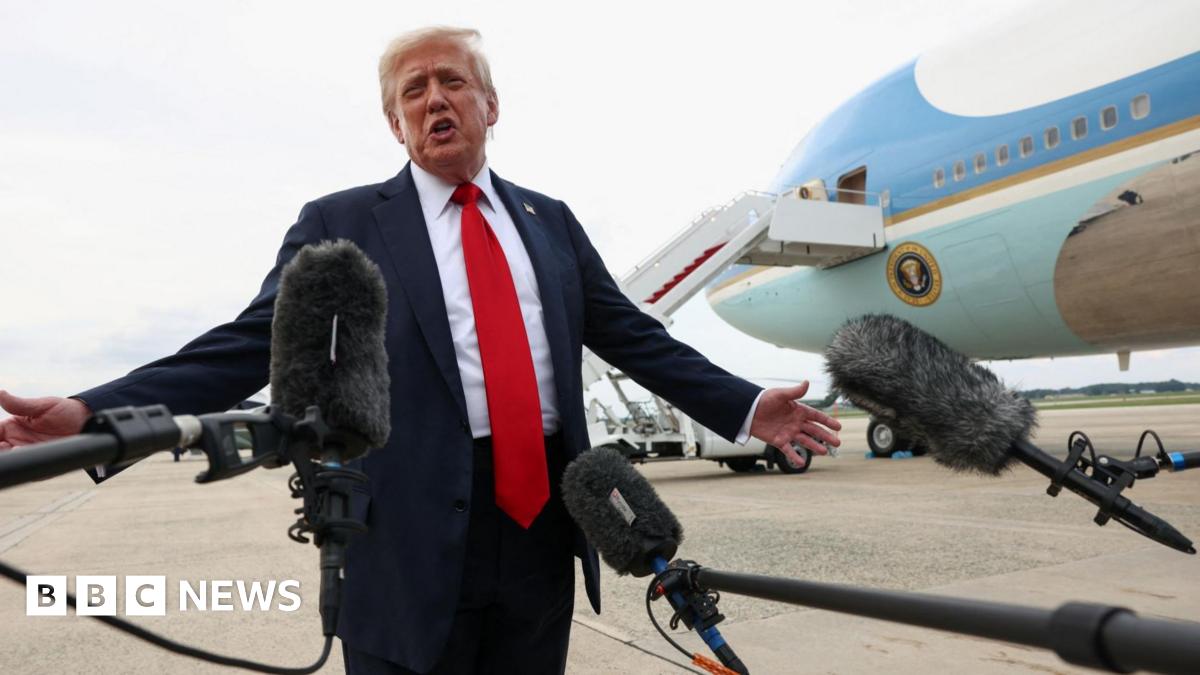DR Congo and M23 Rebels Agree to Ceasefire: Hopes for Peace in Conflict-Ridden East

DR Congo and M23 Rebels Agree to Ceasefire: Hopes for Peace in Conflict-Ridden East
In a significant development aimed at ending months of escalating conflict, the Democratic Republic of Congo (DRC) and the M23 rebel group have signed a ceasefire agreement. The deal, brokered on Saturday, seeks to halt the fighting that has ravaged the eastern region of the DRC, a territory renowned for its vast mineral wealth but plagued by persistent instability and violence.
The M23, an armed group with alleged backing from Rwanda, has been a major source of insecurity in the DRC's east. Their resurgence in recent months has led to widespread displacement, humanitarian crises, and heightened tensions between the DRC and Rwanda. The renewed fighting has disrupted livelihoods, displaced hundreds of thousands of civilians, and exacerbated existing humanitarian challenges in the region.
Key Terms of the Ceasefire
While details of the agreement remain somewhat limited, reports indicate that the ceasefire calls for an immediate cessation of hostilities and the withdrawal of M23 forces from occupied territories. A crucial aspect of the agreement will be the verification mechanism to ensure both sides adhere to the terms. Independent observers and regional bodies are expected to play a vital role in monitoring the ceasefire and facilitating dialogue.
The Complex Background of the Conflict
The conflict in eastern DRC is deeply rooted in a complex web of historical grievances, ethnic tensions, and competition for control of valuable resources. The M23, largely composed of former Tutsi rebels, claims to be fighting for the rights of the Congolese Tutsi community. However, the DRC government and international observers accuse Rwanda of providing support to the group, a claim Rwanda denies. The region's rich deposits of minerals like cobalt, tin, and gold have fueled cycles of conflict, with armed groups vying for control of lucrative mining operations.
Challenges Ahead
Despite the signing of the ceasefire, significant challenges remain. Past ceasefire agreements have often been short-lived, with violations and renewed fighting. The presence of numerous other armed groups in the region, alongside the complex political landscape, adds to the fragility of the peace process. Addressing the underlying causes of the conflict, including poverty, marginalization, and lack of access to resources, will be crucial for achieving lasting peace.
Humanitarian Impact and International Response
The recent fighting has had a devastating impact on the civilian population. Hundreds of thousands have been displaced from their homes, facing food insecurity, lack of access to healthcare, and increased vulnerability to violence. International organizations, including the United Nations, have been providing humanitarian assistance to those affected. The international community has also called for an end to the violence and urged all parties to engage in peaceful dialogue. The United States and other nations have expressed concerns about Rwanda's alleged role in the conflict.
Looking Forward
The ceasefire agreement represents a glimmer of hope for a peaceful resolution to the conflict in eastern DRC. However, sustained commitment from all parties, along with robust monitoring and international support, will be essential to ensure its success. The path to peace will be long and arduous, but the potential benefits for the people of DRC and the region are immense. The focus now shifts to implementation and addressing the root causes of the conflict to build a more stable and prosperous future for eastern DRC.






